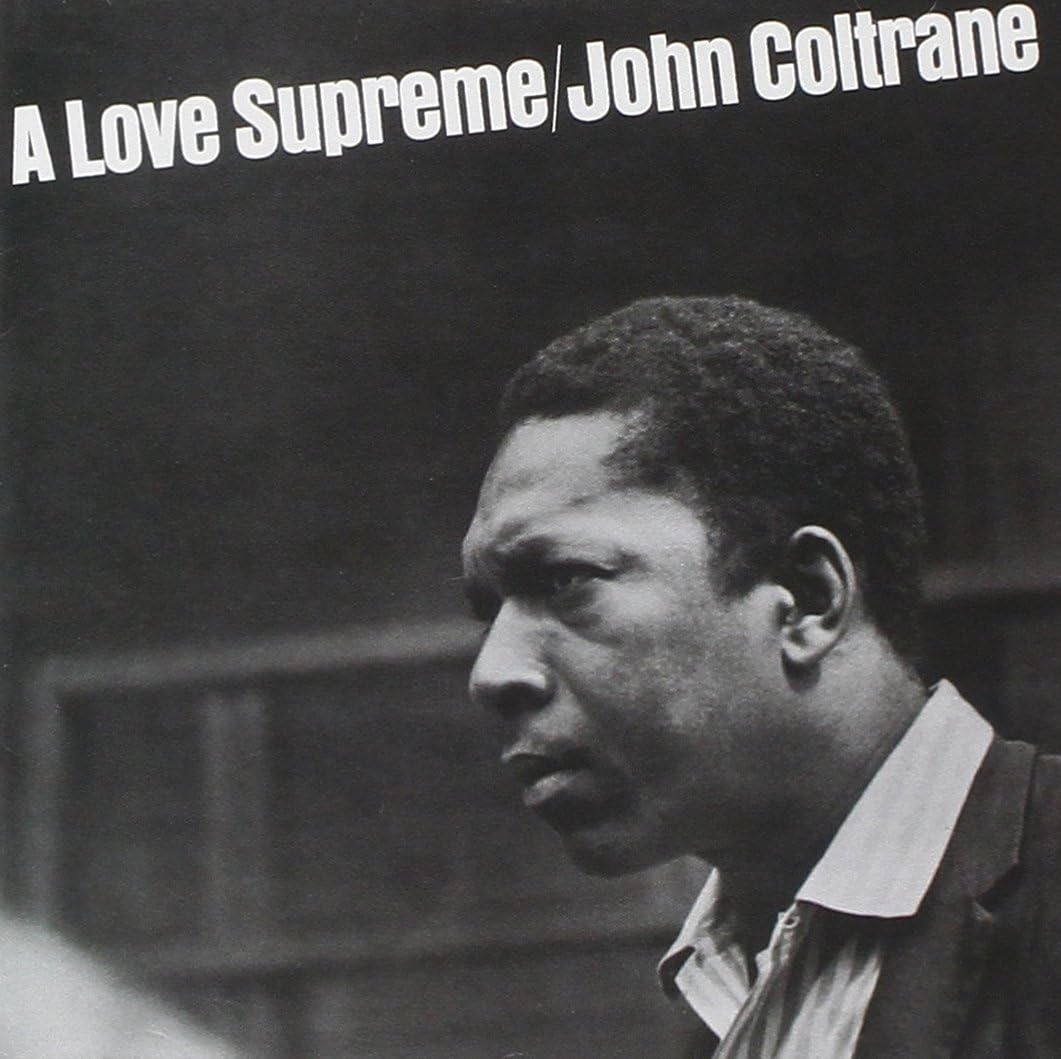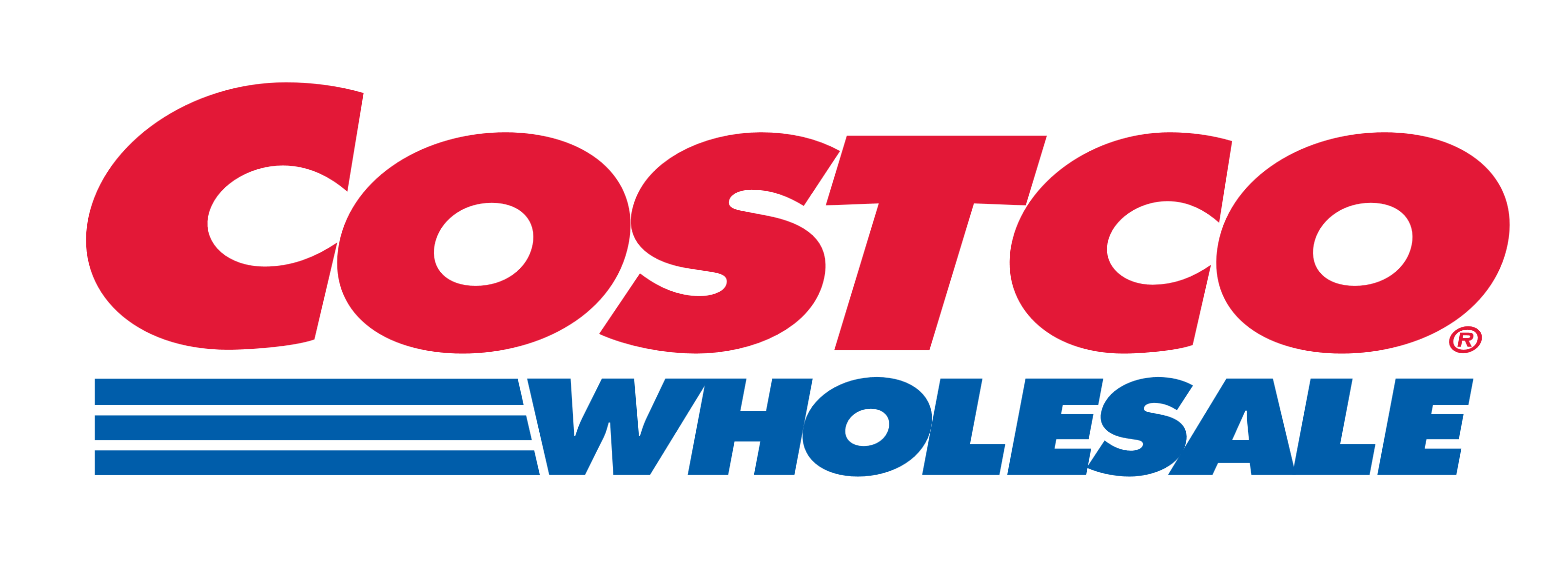You get to choose how your 401k is invested, though. The only difference is a tax advantage.
The advice is just: save money, let it grow using compound interest, use tax laws to your advantage.
There’s no “trust the government” in that advice.
You get to choose how your 401k is invested, though. The only difference is a tax advantage.
The advice is just: save money, let it grow using compound interest, use tax laws to your advantage.
There’s no “trust the government” in that advice.
Ask it to come up with evolutions too. I tried and this was my favorite:
Breezling (basic) • Evolution: Gustoon • Final Evolution: Cyclown


I’m a semi-pro jazz piano player (meaning, I’m good enough to get paying gigs, but I don’t do it for a living). I’ve definitely performed solo piano many times. I know it’s not quite the same as guitar but hopefully it’s still insightful.
You use the term “sight reading”, but I would never perform a piece I’d never seen or heard before solo. If I’m playing solo, I get to pick what I play, so why would I play something I hadn’t rehearsed?
Now, that doesn’t mean that I might not pull out a piece I’d never performed solo before. There are lots of jazz standards that I’ve played many times in a trio or quartet, so I’ve heard and played the song many times before, but I never had to play the melody, chords, and bass line solo. I’m a strong enough player that I’d be comfortable coming up with a solo arrangement on the spot - but it’d depend on the piece, of course.
I’d definitely use a lead sheet for that, but I’m not sure I’d call it “sight reading”, because I know the song. The lead sheet is there to remind me of the exact notes, rhythm, and chords, so that I’m not relying 100% on memory. It takes all of the pressure out of trying to remember exactly what chord to use - but to be honest, if it’s a piece I’m going to play solo, I’ve probably played it enough times that I could get it 95% correct just from memory and by ear.
When playing in a group, that’s completely different. I’ll sight read new pieces all the time. If someone else knows the melody and all I need to do is play the chords, that’s super easy. By the time they’ve finished the melody and played the first solo, I’ve got the feel for the piece well enough that I can do an improvised solo while sightreading the chord changes.
I have sight-read the melody before, in a group setting - but that’s far more terrifying and less forgiving. I’ll only do that if it’s clearly a very straightforward or easy piece, like a ballad or showtune, with no surprises. If I do that I’ll deliberately take liberties and add flourishes so that anybody listening who knows the song doesn’t think I’m playing it incorrectly. Trying to play the notes on the page strictly means that if I make a single mistake, everyone will hear it. But if I pretend I’ve heard the piece a hundred times and have fun with it, then if I play a “wrong” note (but one that fits with the chord), it won’t sound like I don’t know the piece, it will sound like I’m just doing it a different way.
I hope that helps!
As a jazz beginner, I’d say one of the best things you could be doing right now would be to attend jam sessions. If you can find a good beginner-friendly jam session you should be able to play along with more experienced players and have a chance to occasionally play a solo or melody.


It’s always a good idea to shop around when it comes to car insurance. Every company has their own formula.
Probably someone else’s insurance went down from $750 to $450.
Wasn’t she an unknown, while they were all famous stars, though?
The same happens today.
“The cast of Moana earned a total of $56 million. Auli’i Cravalho, who voiced the title character, made $200,000. Dwayne Johnson, who voiced Maui, earned $21 million. Temuera Morrison, who voiced Moana’s father, earned $2 million.”
I’m not excusing any of the ways they abused Garland. But it made her a star and she earned far more in future roles, just like Cravalho now commands a much higher salary.


Rotten Tomatoes has both a critic score and an audience score.
If your pick has a low critic score but high audience score, that means it was formulaic or unoriginal but probably lots of fun.
Movies with a high critic score and low audience score are usually more artsy, film-festival stuff.


Yes, anyone can write a book! If you have an idea, write it!
If your only goal is to finish a book, check out https://nanowrimo.org/ for inspiration and support just for to force yourself to write and keep writing!
If you want to publish it, self-publishing is surprisingly cheap, if you’re happy if you only sell a few hundred copies, many just to friends and family.
If you want to publish a real novel that appears in bookstores and gets featured and advertised, you need to submit it to publishers…and be prepared for LOTS of rejection. Some of the BEST novelists I know write 10 books for every 1 they get published. Now imagine the worst writers!


The plan to deprecate Chrome V2 extensions has been constantly postponed again and again for years now. There is NO SCHEDULED DATE for this to happen currently, and when it is announced it will be more than 6 months out.
Source: https://groups.google.com/a/chromium.org/g/chromium-extensions/c/zQ77HkGmK9E/m/HjaaCIG-BQAJ?pli=1
If Google really wanted to kill ad blockers, they would have done this years ago.
They don’t. They want to force ad blockers and other similar extensions to use more efficient APIs that don’t slow down the web. Extension developers overall (not just ad blockers) aren’t happy with the changes, so they’re still working on the APIs.


Apple has added a lot of stuff from iOS over the years (and vice versa).
Some I like, some I don’t.
So far they’ve never taken away something I like about macOS, so as long as that’s the case I’m happy.
Certainly many others would have tried to invent something like the web.
HyperCard predated the web browser and had the concept of easy to build pages that linked. Lots of people were working on ways to deliver apps over the Internet.
I think in some alternative timeline we’d still have a lot of interactive content on the Internet somewhat like the web, but probably based on different technology. Maybe more proprietary.